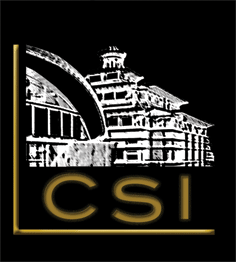Bayesian sequential experiment design for quantum tomography
Duration: 12 mins 16 secs
Share this media item:
Embed this media item:
Embed this media item:
About this item

| Description: |
Huszar, F; Houlsby, NMT (Engineering)
Monday 26 September 2011, 14:00-14:10 |
|---|
| Created: | 2011-10-04 09:12 |
|---|---|
| Collection: |
Design and Analysis of Experiments
Cambridge Statistics Initiative 2011 |
| Publisher: | Isaac Newton Institute |
| Copyright: | Huszar, F; Houlsby, NMT |
| Language: | eng (English) |
| Abstract: | Quantum tomography is a valuable tool in quantum information processing and ex- perimental quantum physics, being essential for characterisation of quantum states, processes, and measurement equipment. Quantum state tomography (QST) aims to determine the unobservable quantum state of a system from outcomes of measurements performed on an ensemble of identically prepared systems. Measurements in quantum systems are non-deterministic, hence QST is a classical statistical estimation problem.
Full tomography of quantum states is inherently resource-intensive: even in moder- ately sized systems these experiments often take weeks. Sequential optimal experiment design aims at making these experiments shorter by adaptively reconfiguring the mea- surement in the light of partial data. In this talk, I am going to introduce the problem of quantum state tomography from a statistical estimation perspective, and describe a sequential Bayesian Experiment Design framework that we developed. I will report simulated experiments in which our framework achieves a ten-fold reduction in required experimentation time. |
|---|---|
Available Formats
| Format | Quality | Bitrate | Size | |||
|---|---|---|---|---|---|---|
| MPEG-4 Video | 640x360 | 1.85 Mbits/sec | 170.22 MB | View | Download | |
| WebM | 640x360 | 870.4 kbits/sec | 77.88 MB | View | Download | |
| Flash Video | 484x272 | 569.42 kbits/sec | 51.16 MB | View | Download | |
| iPod Video | 480x270 | 506.9 kbits/sec | 45.54 MB | View | Download | |
| MP3 | 44100 Hz | 125.17 kbits/sec | 11.05 MB | Listen | Download | |
| Auto * | (Allows browser to choose a format it supports) | |||||

